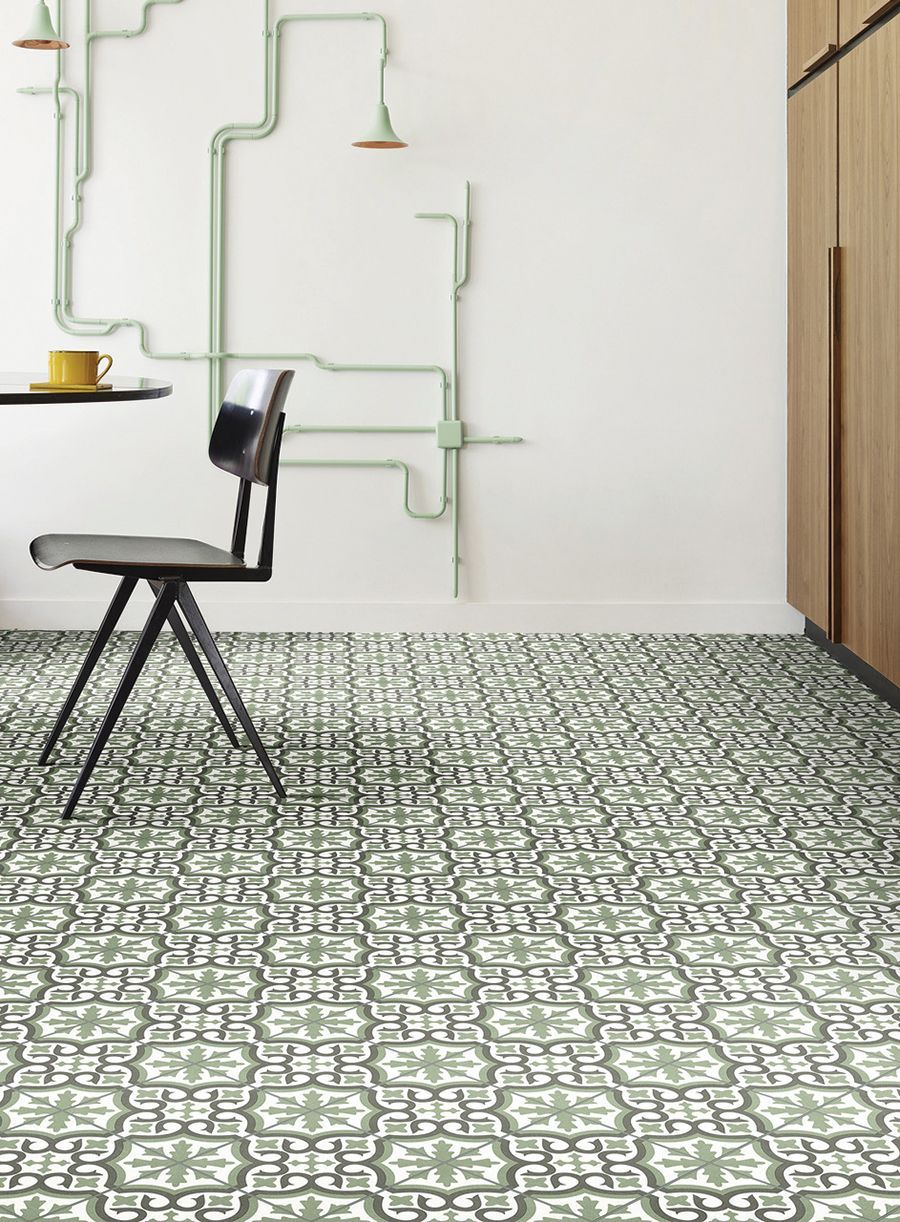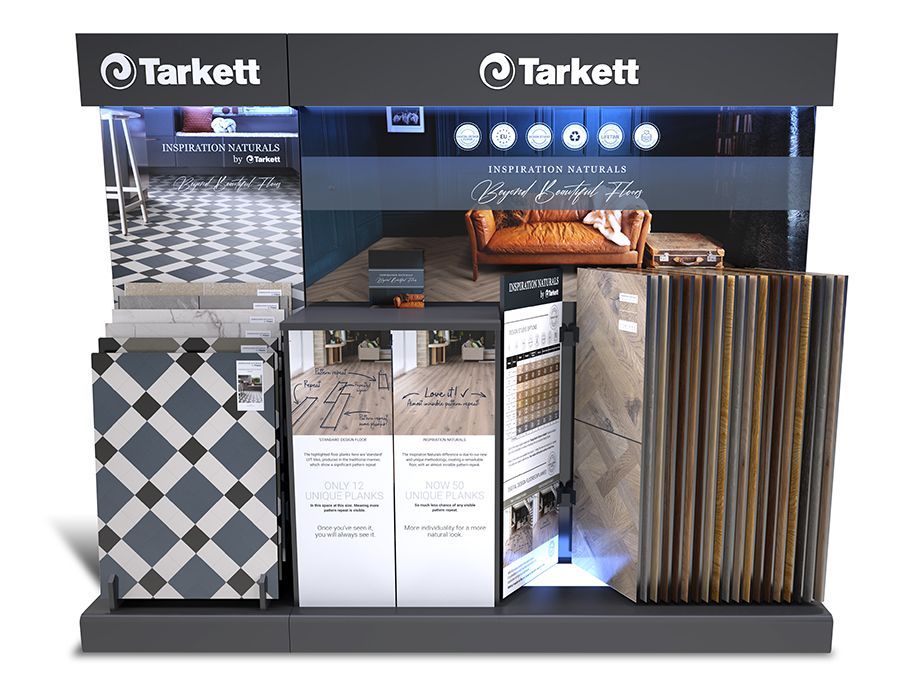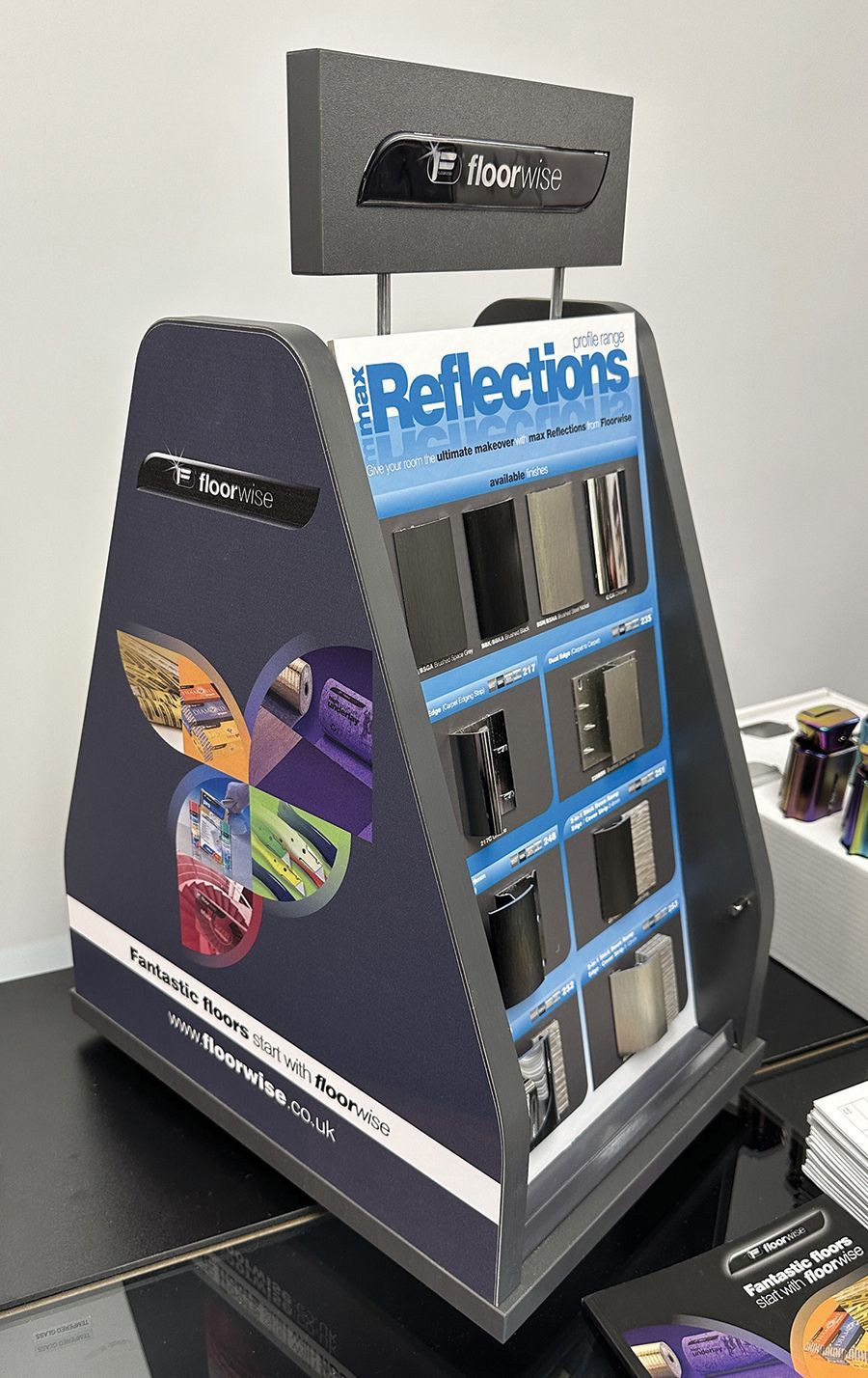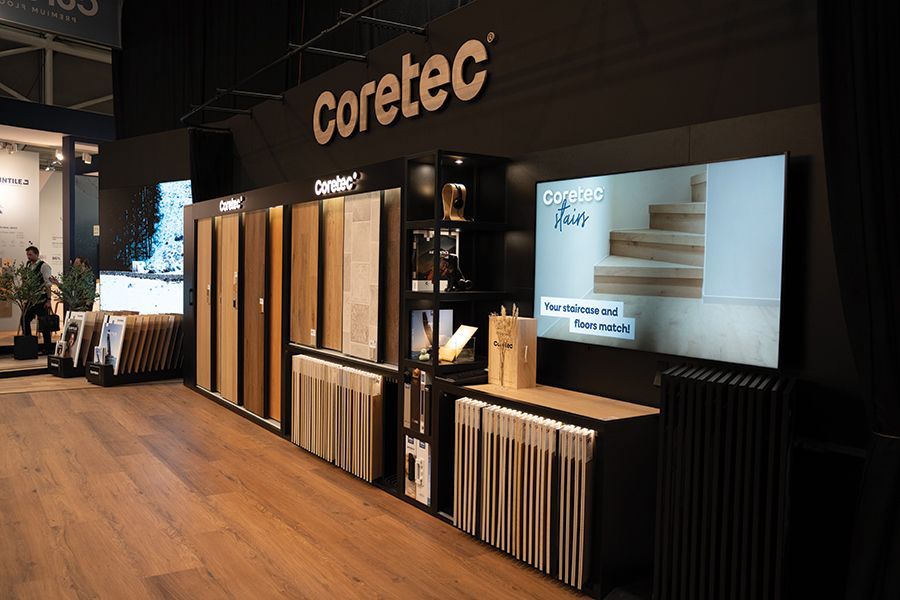Tapi wins challenge over 'misleading' Carpetright adverts
A complaint by Tapi over a series of "up to half price" adverts by rivals Carpetright have been upheld by the Advertising Standards Authority (ASA).
Carpetright have been told to clarify savings claims after Tapi reported them to the ASA following a number of adverts seen across Carpetright’s website during January and February 2022 which displayed discounts of “up to half price” and percentage savings.
In a lengthy judgement, the ASA concluded: “Because consumers were likely to understand that a significant proportion of products in the categories referred to in the ads would be discounted by the “up to” amounts stated in the ads, and that the advertised savings represented a genuine saving against the usual selling price of the products, when that was not the case, we concluded that the savings claims were misleading.
“We told Carpetright Ltd to ensure that when making savings claims in future, they were able to establish a genuine usual selling price and show that a significant proportion of products had the maximum saving, so as to not mislead consumers,” it said.
The issue centred around which products had been discounted and for how long and how they had been sold at the non-promotional price. Carpetright defended the challenge with extensive data.
“Carpetright asserted that a significant proportion of products were available at the discounted price during the Promotional Period. For each product category, they highlighted the data that they believed demonstrated that. In relation to Hard Flooring, between 20% and 34% of their total ranges were discounted during the promotional period, and between 28% and 31% of their total ranges in the Soft Flooring category were discounted," said the ASA.
“They said the data provided showed that the range of products included in the promotion had been sold at their undiscounted prices outside of the Promotional Period. The undiscounted “was” price was therefore a genuine representation of the price at which the product was usually sold,” it said.
But the ASA statement continued: "“Because the undiscounted prices and the discounted prices generally followed a cyclical pattern, we understood that the lower ‘promotional’ price was not offered for longer than the higher price against which the saving was claimed over a 12-month rolling period. We acknowledged Carpetright’s assertion that they would not allow a product to be on promotion for more than 26 weeks in any rolling 52-week period, but noted from the six months’ sales data provided that there were certain products that had been discounted for more than half that time and so at that particular point in time, those products had been at the discounted price for longer than they had been at the higher price.
“Furthermore, we considered that if consumers had been aware of that pattern, they would regard the advertised products as having two distinct prices, neither of which represented the usual selling price. We considered that those fluctuations and the lack of a usual selling price would be likely to affect consumers’ perceptions of the value of the offer, and whether or not the claimed ‘saving’ was genuine," it said.


















